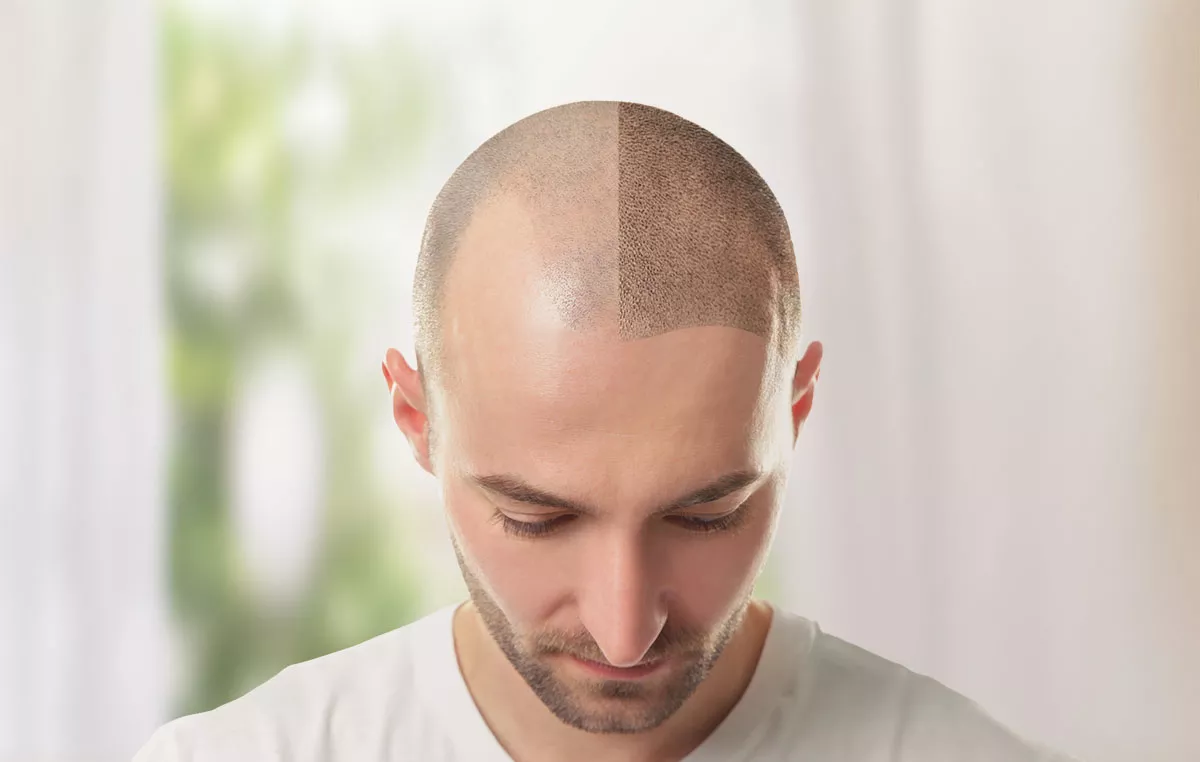Hair loss is influenced by a combination of genetic and lifestyle factors. Understanding these factors can help individuals make informed choices to manage or prevent hair loss. At the last years, lifestyle factors started to play an important role on hair loss for people. Here’s an overview:
- Poor Nutrition:
Inadequate intake of essential nutrients, such as iron, zinc, vitamins A and D, and protein, can contribute to hair loss. A balanced diet is crucial for overall hair health.
- Stress:
Chronic stress can contribute to hair loss through mechanisms like telogen effluvium, a condition where a significant amount of hair follicles prematurely enter the resting phase and shed.
- Hormonal Changes:
Hormonal fluctuations due to factors like pregnancy, childbirth, menopause, or certain medical conditions can contribute to temporary or permanent hair loss.
- Smoking:
Smoking has been associated with hair loss, possibly due to reduced blood flow to the hair follicles and damage to the DNA of hair cells.
- Excessive Styling and Heat:
Regular use of harsh styling practices, such as tight hairstyles, chemical treatments, and excessive heat styling, can damage the hair shaft and contribute to hair loss.
- Lack of Sleep:
Inadequate sleep or disrupted sleep patterns can negatively impact overall health, including hair health.
- Weight Loss or Extreme Dieting:
Rapid weight loss or extreme dieting can lead to nutritional deficiencies, including those essential for healthy hair growth.
- Medical Conditions:
Certain medical conditions, such as thyroid disorders, autoimmune diseases, and scalp conditions, can contribute to hair loss.
It’s important to note that the effectiveness of these solutions can vary from person to person, and consulting with a healthcare professional or a qualified hair loss specialist is essential to determine the most suitable approach based on individual circumstances. Please check out our contracted hair loss solutions by clicking here.


